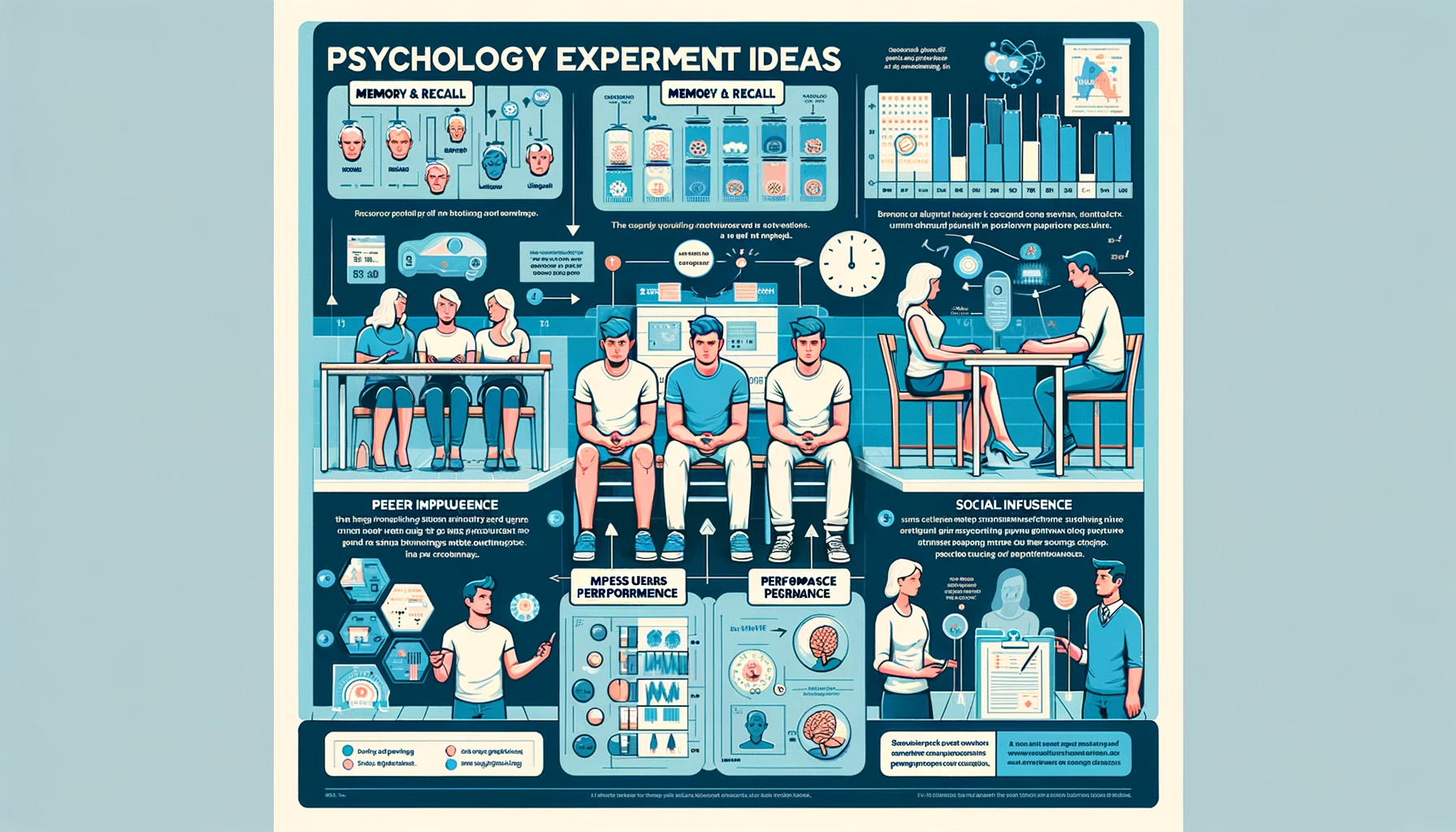Psychologists get their Psychology Experiments Ideas from research questions and of answering them from many sources. Events in the news may suggest important research questions. The widely publicized case of Kitty Genovese and her thirty-eight neighbors inspired many valuable studies of helping behavior. Similarly, the horrors of the Nazi era in Germany led psychologist Stanley Milgram to conduct important experiments on people’s obedience authority.
As the case of the Good Samaritan indicates, psychologists Can also get ideas from religious, philosophical, or literary writings. In addition, research is often prompted by the desire to find ways of solving pressing psychological and social problems, whether it is to develop ways to help people study more effectively, to help people stop smoking, or to prevent sexual harassment.
A psychologist’s background and personal experiences can be another important source of research questions and hypotheses. Experiences like Zick Rubin’s search for his parked car, Anne Peplau’s perplexing first year in college, and Peter Salovey’s unexpectedly strong emotions can sometimes inspire a psychologist to try to find out more about particular aspect of human experience.
C. Daniel Batson, one of the researchers who conducted the Good Samaritan study, is not only a psychologist but also an ordained minister. “l kept wanting ro know what religion actually does in people’s lives.
Batson (1976) explained when asked why he decided to conduct the study. “Does it, as advertised, encourage people to be more caring? Or the opposite? The pursuit of these questions led me across cam- pus [from the divinity school] to psychology—and to research on helping behavior.
Psychology Experiments Ideas And Research Questions?
In addition to these sources of research ideas, most of psychologists’ ideas and methods are closely related to previous research questions and answers. As in the case of Schachter’s research on filled pauses in speech, scientific research is a cumulative process: each researcher builds on work that has already been done in a particular area. In this process, psychologists are often guided by theories. You have probably heard of theories in other sciences, such as Darwin’s theory Of evolution or Einstein’s theory of relativity. Each theory’, whether in biology, physics, or psychology, is a sec of ideas that fit together to provide a perspective on some aspect of the world.
A psychologist’s theoretical perspective the way he or she is likely to interpret events or findings. For example, a psychoanalytic theorist might explain a 5-year-old boy’s attempt to do things the way his father does in terms of the notion of “identification” (or trying to be like the father). A social cognitive theorist might explain the same behavior in terms of “reinforcement” and “modeling” (the attempt to perform and to imitate behaviors that one expects to be rewarding).
Theories provide interpretations for events and also point the way to new re- search. Beginning with the concepts of a particular theory, the researcher derives specific hypotheses, or predictions about behavior that can bc tested systematically. A great deal of research is done in an effort to test and refine theories.
Creating a guide for psychology experiment ideas in a tabular format is a great way to organize and present this information. Here’s a simplified structure you can use:

| Experiment Idea | Objective | Method | Expected Outcome |
|---|---|---|---|
| Memory Recall | To assess the impact of different types of stimuli (e.g., visual, auditory) on memory recall. | Participants are presented with a series of stimuli and later asked to recall them. | Different stimuli types will show varying levels of recall efficiency. |
| Social Influence | To study how group dynamics affect individual decisions. | Participants make decisions in isolation and then in a group setting. | Decisions are likely to conform more to group norms in a group setting. |
| Stress and Problem-Solving | To investigate the effect of stress on problem-solving abilities. | Participants are given problem-solving tasks under stress-free and stressful conditions. | Performance is expected to decrease under stress. |
| Emotion Recognition | To explore how well individuals can identify emotions from facial expressions. | Participants are shown images of faces expressing different emotions and asked to identify them. | Accuracy in emotion recognition varies based on factors like empathy levels. |
| Placebo Effect | To examine the placebo effect in pain management. | Participants are given a placebo and told it’s a painkiller, then their pain levels are assessed. | A significant reduction in pain due to belief in the treatment’s efficacy. |
This table format allows for a clear overview of various experiment ideas, their objectives, methods, and expected outcomes. You can expand on this table with more experiments, detailed methodologies, and references to existing studies. Remember, the ethics and feasibility of each experiment should be carefully considered, especially in psychological research.
